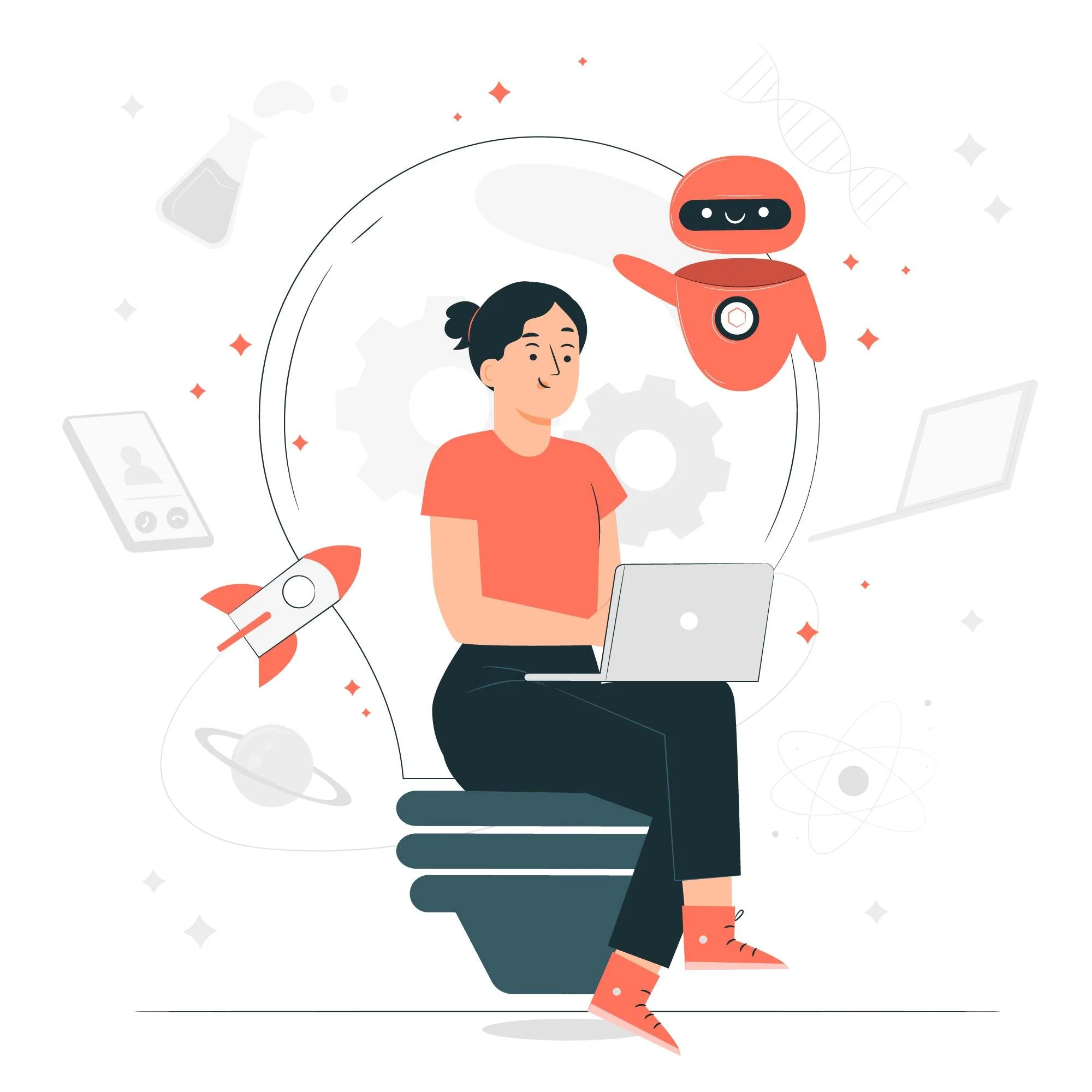Video Didn't Kill the Radio Star… Will Robots Make Researchers Obsolete?
As AI tools become more sophisticated, I talk to young people getting into market research who are wondering if they’ll have a job in a decade (or less)! It got me thinking… will the robots make researchers obsolete?
History teaches us that every generation faces a ‘this will change everything’ innovation. MTV was supposed to kill radio. E-commerce would destroy bricks and mortar retail. Social media would replace journalism. Yet many radio hosts are celebrities with hordes of loyal listeners, more and more malls are being built but it’s still impossible to find a car-park at the weekend, and we still turn to newspapers (digital or print) for the definitive truth around the biggest, breaking stories.
The pattern is clear – new technology rarely replaces what came before. Rather, it transforms it. The same is true for AI in market research.
MTV Revolutionised Music — But Radio Still Plays
When MTV arrived, it was revolutionary. Music on demand. Visuals with sound. A generation glued to screens. But despite the hype, radio didn’t disappear. But rather, it adapted. Radio doubled down on what MTV couldn't replicate – live interaction, news, community focus, and the intimate connection between host and listener. Both mediums found their unique value and thrived.
Online Shopping Didn’t Kill the Mall — It Changed Why We Go
E-commerce brought endless convenience – click, buy, delivered. It seemed inevitable that physical shops would disappear. But walk through any mall today and you’ll still find shoppers browsing, buying, eating lunch, watching movies and getting massages. Malls evolved to become experiences – not just transaction zones.
What AI Does Brilliantly (And What It Doesn't)
AI is impressive at what it does well. It can process thousands of survey responses in minutes. It can quickly flag sentiment patterns that would take a human analyst days to identify. It can transcribe and summarise focus groups at lightning speed.
AI has made researchers more productive, but I have yet to experience AI – alone – uncover why affinity for a brand is declining, or why the latest fashion trend has emerged, or why an advertising campaign resonated deeply or missed the mark altogether.
AI excels at pattern recognition. Humans excel at pattern interpretation.
Questions Matter Most. Answers Follow
The biggest blind spot in ‘AI will replace researchers’ thinking is that it assumes research is just about processing data.
But breakthrough insights start with asking the right questions. AI can crunch data beautifully, but it cannot – on its own – frame the right problem, identify what matters in a complex business context, or navigate messy human dynamics.
Just like MTV couldn’t capture the collective experience of tuning in live, AI can’t replace the human capacity for context, empathy, or critical thinking.
AI helps us get there faster, but it doesn’t decide where to go.
Adapt or Get Left Behind
At Clarity Insight, we’re not resisting change — we’re embracing it. But we’re doing so with a clear-eyed view of what AI can do, and what it can’t.
Just as airline pilots use autopilot for cruising but take manual control for take-off and landing, we let AI handle the routine heavy lifting – transcribing, sorting, scanning thousands of data points while our humans focus on the moments that matter most – project design, interpreting nuance, challenging assumptions, insight synthesis, and crafting compelling narratives that spark action.
In short, AI enhances what we do. It doesn’t erase it.
AI is this generation’s MTV. It’s e-commerce in its early days. But like all those before it, its impact won’t come from replacing humans — it will come from transforming how we work, what we value, and what we’re capable of achieving together.

